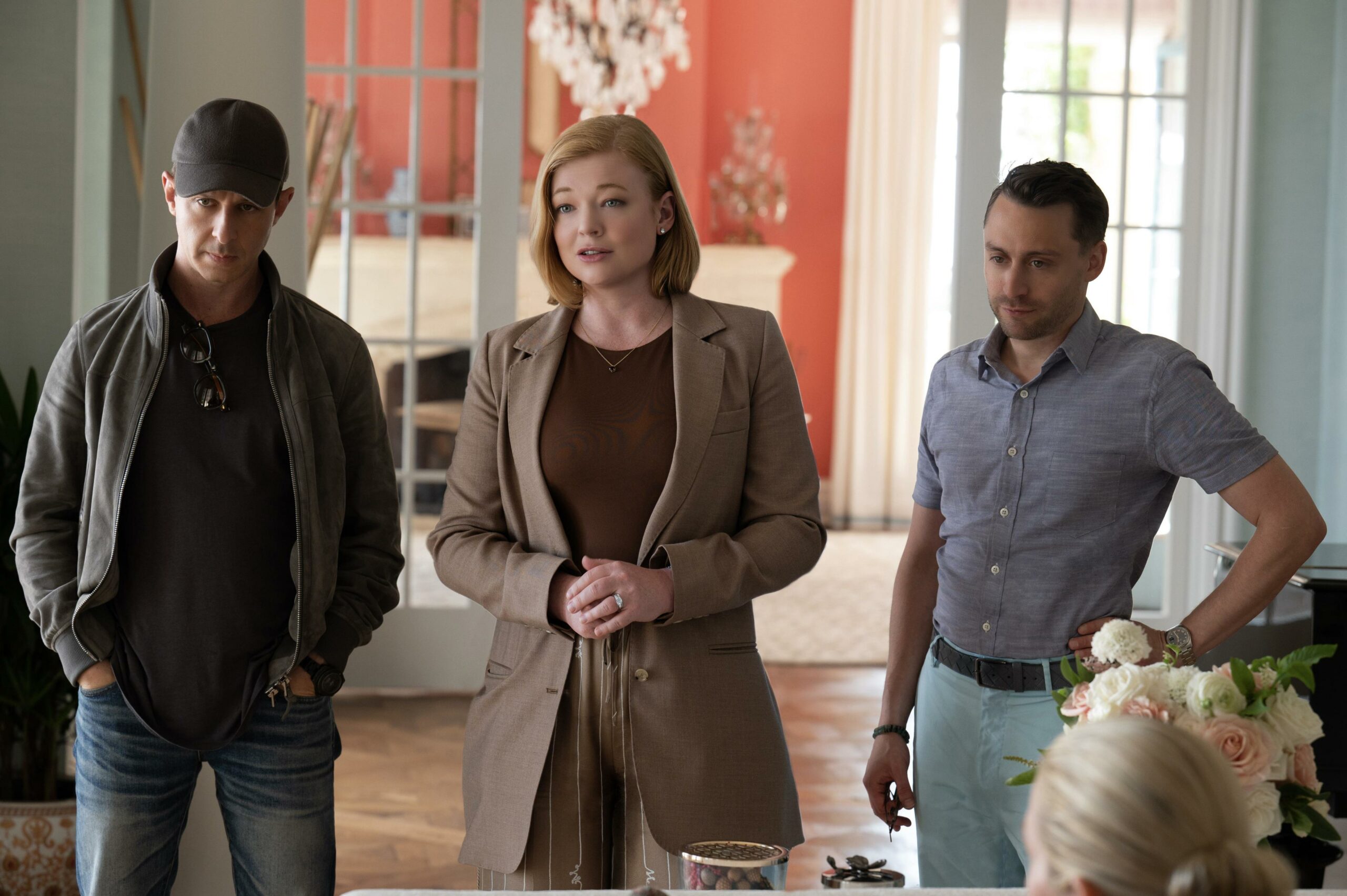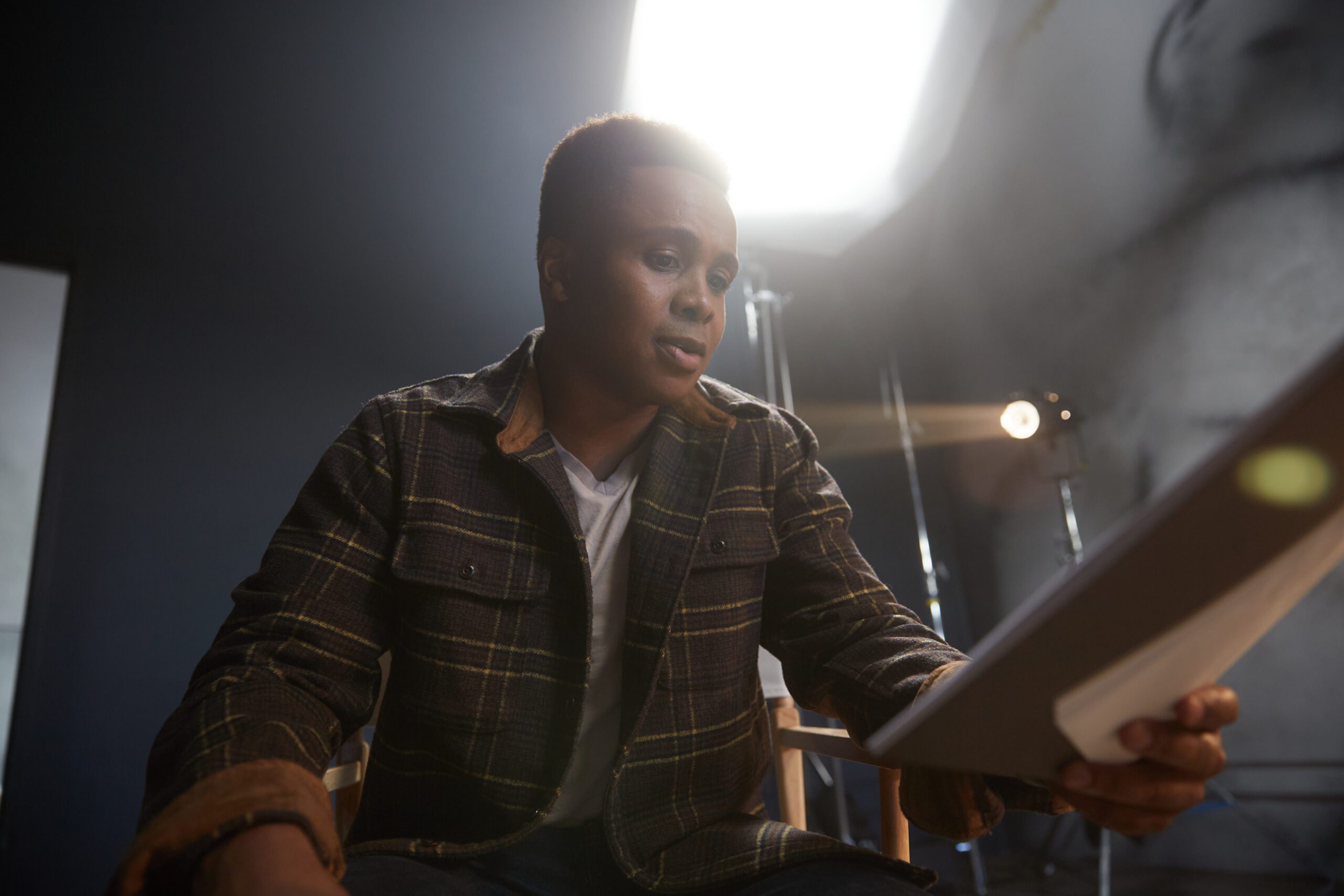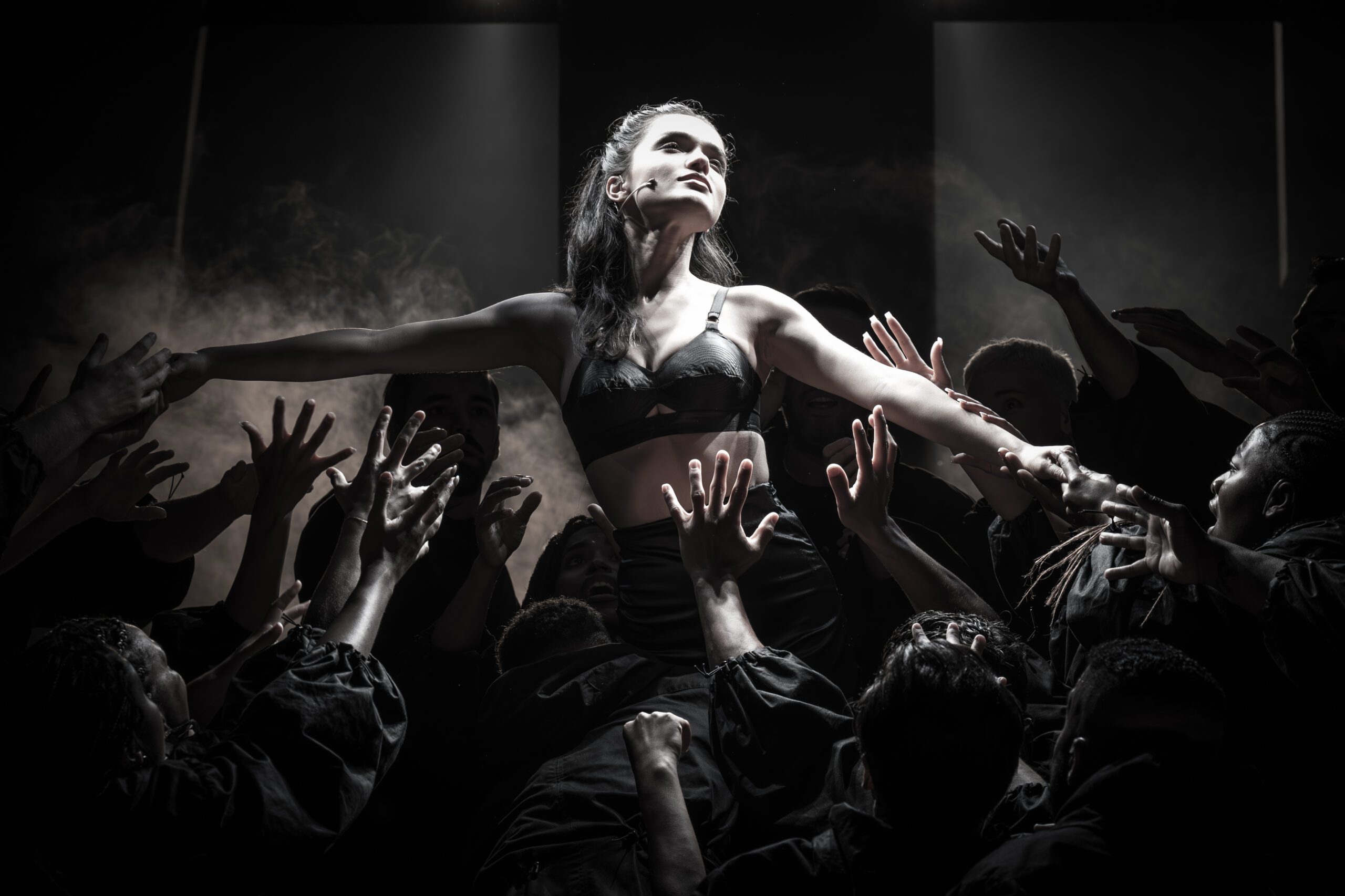Artios Award-winning casting director, Avy Kaufman, talks about the casting process, acting resumes and how she finds the right actors for parts
Avy Kaufman has had a long and hugely successful career, casting for well-loved films and TV shows such as Brokeback Mountain, The Sixth Sense, Ma Rainey’s Black Bottom, and Life of Pi. Fresh off her Artios Award wins for Succession and Dopesick, and in the run-up to Succession’s season finale on 21st May, we caught up with her to chat about her career and the casting process.
Hi Avy. Thank you for speaking with us today. How do you know an actor is right for a part?
I get a lot of emails [from agents] pushing all of their clients. Usually, one person’s really right for it and, for me, that’s all. It doesn’t mean you’re not a good actor, but you’re right for it.
I think to be a reader is a really good experience because then you can see how one scene is interpreted [in] many different ways, and then you’ll probably leave the day [of casting] going, ‘You know what, I think that guy’s right for the part. It was apparent, his reading was right.’ Not that the other ones were wrong, but they’re just not right for that part.
Sometimes when I’m working with a team, I’ll give them three choices for something and just say, ‘It’s not that they’re all right, they’re kind of three separate movies, because this one person will give you that. This person will give you that.’
You recently won an Artios Award for Dopesick. How did you become involved in this project?
At the beginning of the pandemic, I got a script from Danny Strong, who’s an actor and a writer, and a crazy-intelligent, wonderful person. I literally just got through the first 20 pages and called him and said, ‘Can I please?’
My husband had fallen off a ladder and was on Oxycontin, and then realised, ‘I’ve got to get off.’ And a lot of people can’t. So, it’s such an important story. I thanked Michael Keaton so many times for doing it, because he doesn’t do television, or he hadn’t in years. I couldn’t have been more pleased with the cast because everybody gave it their all.
Speaking of actors who don’t normally do television, did you realise 15 years ago, when Glenn Close first did television, that this would be the start of a whole new trend?
It’s got to be a hard decision for actors to decide what to do, and how to further their career, and how this will lead to whatever. It’s got to be hard for people to not take a job if they’re offered, because you need the money.
If anybody’s an actor, I really hand it to you, because it’s hard. It’s hard to know what’s best to do. [T]here used to be a thing where a lot of actors didn’t want to do television, and when George Clooney got out of the box, I think that did something.
You’re famous for having that gut instinct about chemistry between actors. How does that manifest?
Well, ensembles are hard. I’m working on something now, and I haven’t worked with this director before. He’ll throw out certain thoughts for certain people. And I said the other day, ‘In putting an ensemble together, it’s like ingredients. If you’re making a soup, what are you going to put in first?’
So, I tried to explain that – or my philosophy of that – to him. It’s just a major thought process of how does that gel with that? How do they look together? How do they sound together? What are their personalities?
What’s the process once an actor has been penned for something? Who makes the decision to release people and how long do you keep them?
It depends on the director [and] if they can make a decision. I know that I’ve been horribly aggressive sometimes when I believe something, and it’s taken me years to figure out how not to be, because everybody has their own opinion, and I can’t keep driving it in.
But sometimes, when I work with directors that can’t make up their minds, I’m kind of questioning them.
So how long can you keep a pen? Until somebody makes a decision. Or until you get another job, and you say, ‘I’m not available anymore.’ And then they want you.
Are slates/idents simply to introduce name, height, etc.? Or is it a way for you to get to know who a performer is?
All the casting directors prefer something a little different. I prefer to see the slate after the tape. Because when I’m looking at readings, I’m reading and I’m in [my] head. I’ll listen to the reading and I’m comparing it, I’m contrasting.
When somebody gets up there and they have a big, blue screen behind them, they don’t need to do that in my opinion. [I]t takes me out of my readings.
What gives you the most fulfilment in the casting process?
I’ll be really honest. I love working with nice people. Dopesick was such a beautiful team, everybody was doing it for the right reasons. Those are just the greatest. After Ang Lee did Sense and Sensibility, I was like, ‘God, if I could only.’ And when I met him, I was just as nervous as I could be. I did The Ice Storm with him, and that was one of those ensembles where Ang and I really worked together and knew how to cast that person off.
Katie Holmes had somebody from Ohio tell me that she was arriving in LA, and [asked] if I would just meet her, and I said, ‘I’m so busy. I’ll tell you what, I will walk outside the door and just say hi.’ And I did, and I was floored with her. I said to Ang, ‘Let’s just do a cold reading.’ And she got the job. So, it’s those kind[s] of crazy stories.
How important are previous credits to you?
I look at resumes. I see the reading, and then I look at the resume, and then I see the reading again.
When I say resume, it’s kind of like what character have you chosen to play? I try to read between the lines to see what you’ve done, and if you’re right for that, because you did a play 15 years ago and played that one character. Things like that.”
How would someone in drama school, without an agent or much experience, approach casting directors with an opportunity to get an audition?
“[Drama schools] have productions, and they invite casting people. You try to get into a production, and then tell your teacher or whomever that they have to invite all these casting people, or assistants in offices, and just get as many people [as you can] to see your productions.
What is your relationship between a passion project and a dream project?
I’ll be honest, I feel extremely lucky. I feel luckier than lucky that I was not offered horrible films when I was looking to send my children to college because if I was offered [them], I would’ve had to take them. So, I’m so glad that those people didn’t want me. It could have taken me in a different direction.
I have questioned what comes to me, and for a long time, [it was] stories of death. When I was doing The Sixth Sense, there was a period where [in] every script I read, somebody was dying. I’m not really offered that many comedies, and I should be. Right now, I am doing a comedy. It’s curious what comes to you.
Thank you from all of us at Spotlight, Avy, for taking the time to answer our questions.
Read more interviews and tips from casting directors.
Image credit: HBO



















